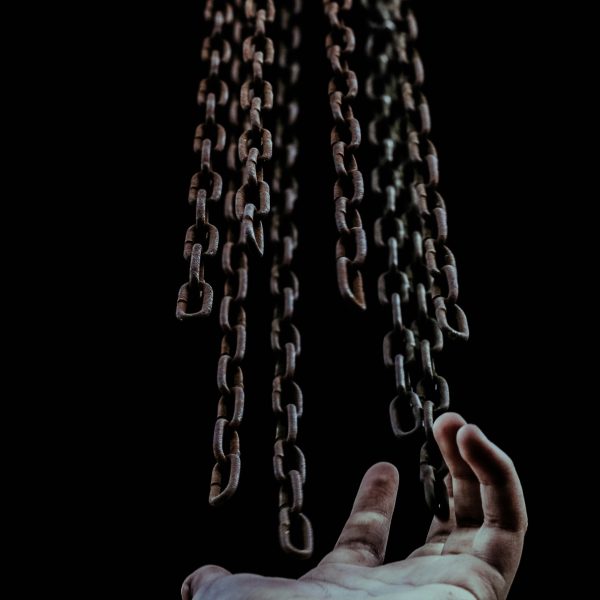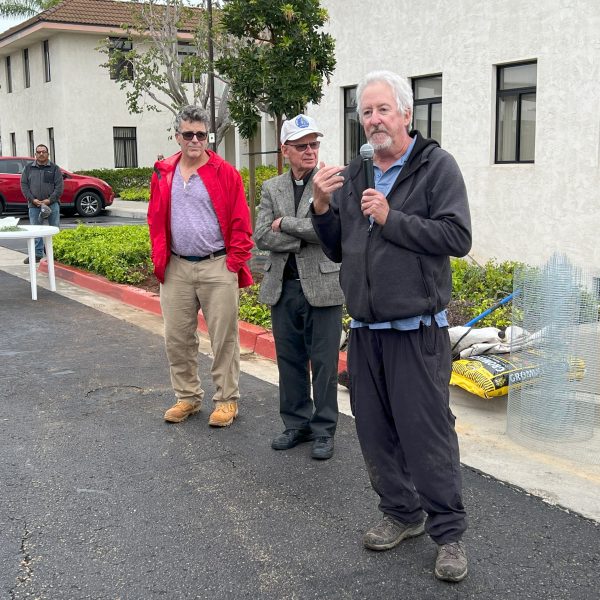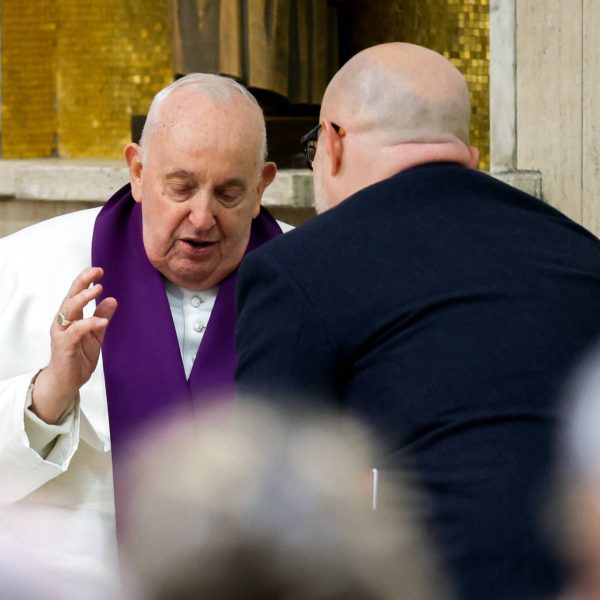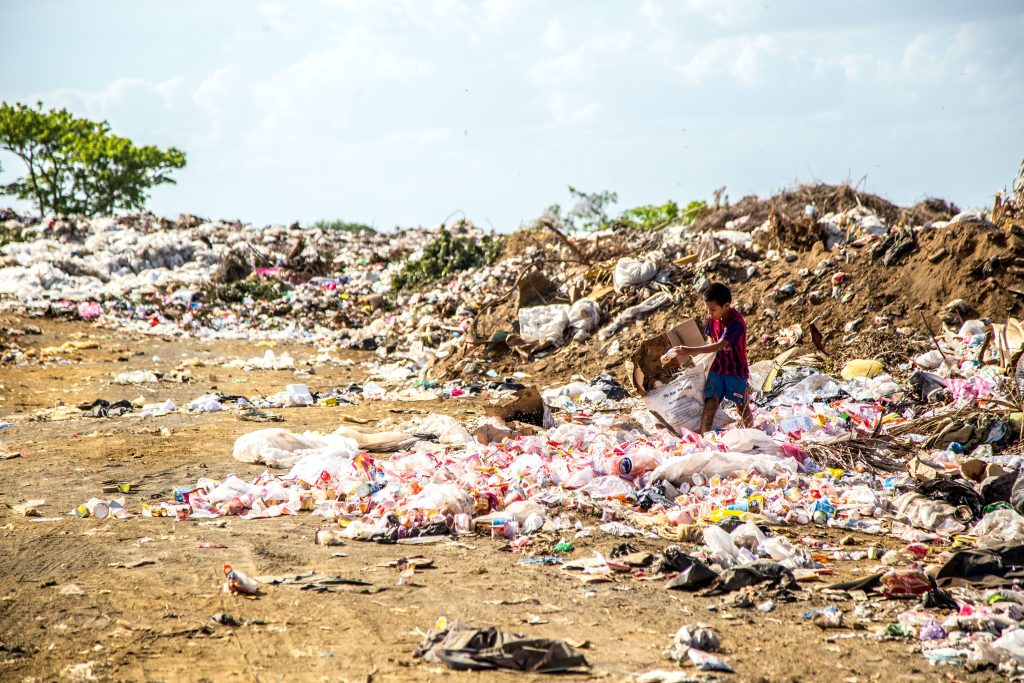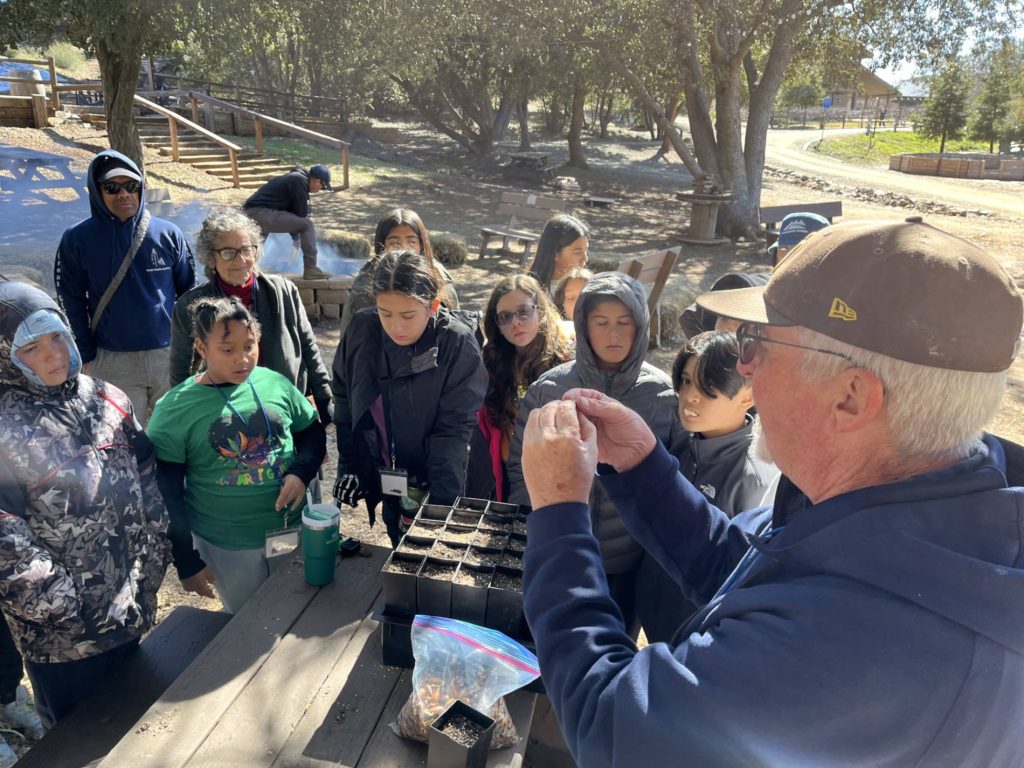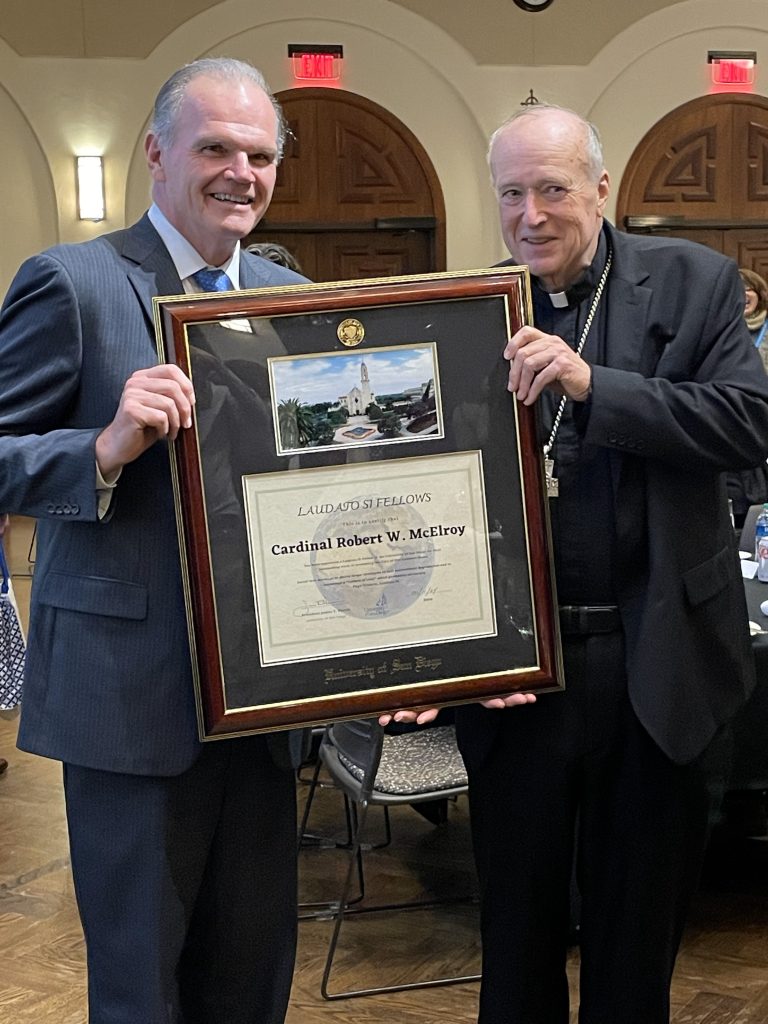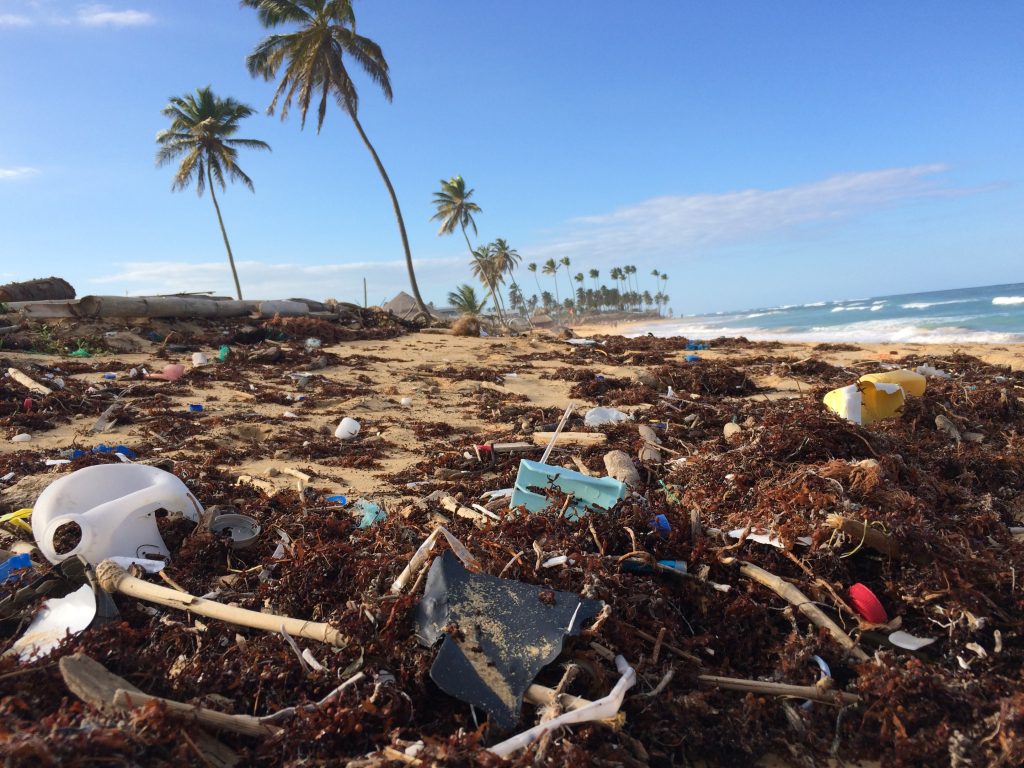By Christina Bagaglio Slentz
In February, popular culture bombards us with superficial messages about how to express our love. We can take a different path as people of faith.
The Greatest Commandment
We recognize that the most important love we are called to give is a Christly love of our brothers and sisters, but how does this love for our neighbor connect to caring for creation?
In fact, questions of environmental protection can sometimes come into confrontation with humanity. Loggers in the Pacific Northwest have found their work at odds with preservation of the endangered Northern Spotted Owl’s habitat. Workers in the fossil fuel industry face uncertainty as energy sourcing increasingly shifts toward a range of renewable and clean energy options. Arriving to just solutions in such situations is not easy.
Scripture tells us, however, the first responsibility we were given by our Creator is “dominion” over the earth (Gen 1:28-29), further characterized as the “tilling and keeping” of the land (Gen 2:15). In this light, we understand our right relationship with the earth to be two-fold: We are meant to use the earth and to protect it.
Loving Our Neighbor: Justice
Acknowledging creation as a shared gift illuminates the importance of our just use of the earth’s resources — not only shared with our brothers and sisters living on our common home today, what we call “environmental justice,” but also with those who will live here in the future, known as “intergenerational solidarity.”
Catholic Relief Services (CRS) gives witness to the plight of people living where global overuse of the earth’s resources is resulting in life-threatening climate impacts. In Bangladesh, for example, extreme precipitation and sea level rise erode property and increase the salinity of the rivers, such that fishing and farming are becoming impossible. The poor are most vulnerable, lacking the means to adapt to these new circumstances. As agricultural livelihoods fail, many are forced to move to urban areas in search of work.
Revealing this dynamic, CRS features the story of Mohammad Mannan’s family, pictured on this page. You can learn more about them if you go to www.crs.org/stories/climate-refugees-bangladesh-chad.
Recent storms in San Diego have churned up massive amounts of trash in the ocean and our waterways, dumping what has been hidden from our view onto the shore. Speaking to the environmental challenges of protecting our seas, oceans and coastal areas in 2019, Pope Francis describes intergenerational solidarity as a “moral imperative in responding to the problems of our time,” referencing his encyclical “Laudato Si’” (159-162). The Holy Father argues, “By placing the needs of … especially young people, and also of generations yet to come, at the heart of efforts to care for creation, then the common good of all may be promoted and protected, ‘since the world we have received also belongs to those who will follow us.’”
Love of our children and grandchildren therefore calls us to take action to care for creation, using the earth’s resources sustainably and preserving our common home for the generations to come.
Creation Care During Lent
While creation care is an ancient part of our faith, recognized in Scripture and emphasized in the works of the saints, our modern lifestyles have steered us into a state of disharmony with the earth. As a result, today we hear a cry of the earth and a cry of the poor and vulnerable.
By taking action to care for creation, you are therefore demonstrating love for the poorest and most vulnerable of your “neighbors.”
The season of Lent offers us a powerful moment to reflect on our lives and discern the path forward to journey closer to God. Creation care is one Lenten intention option you might explore. Here are some ways to take action:
- Attend the free diocesan “Introductory Creation Care Workshop for Parishes and Families” to learn more about this Catholic teaching: Feb. 6 at the Pastoral Center, 6 to 8 p.m., with check-in and pizza beginning at 5:30. Register at https://forms.gle/htuA9uyPDGmZqHVX6.
- The Catholic organization Greener Lent, in partnership with CRS, offers a program by which you can prayerfully commit to varying degrees to abstaining from meat to reduce your carbon footprint, curbing the effects of climate change. The money saved is then donated to CRS for distribution to those in need. In this way, the Lenten practices of prayer, fasting and almsgiving are combined. Go to https://greenerlent.org to learn more.
- Consider “Meatless Mondays” as promoted by The Sisters of Mercy. Read here, https://www.ncronline.org/earthbeat/faith/spirituality/mercy-sisters-cook-recipes-less-meat-lent-and-not-just-Fridays, or scan the QR code on this page.
- Go for a hike and say a prayer of gratitude for the gift of creation. The website All Trails offers a look at our best San Diego trails, https://www.alltrails.com/us/california/san-diego.
Christina Bagaglio Slentz serves in the Diocese of San Diego’s Office for Life, Peace and Justice as associate director for Creation Care Ministry.

